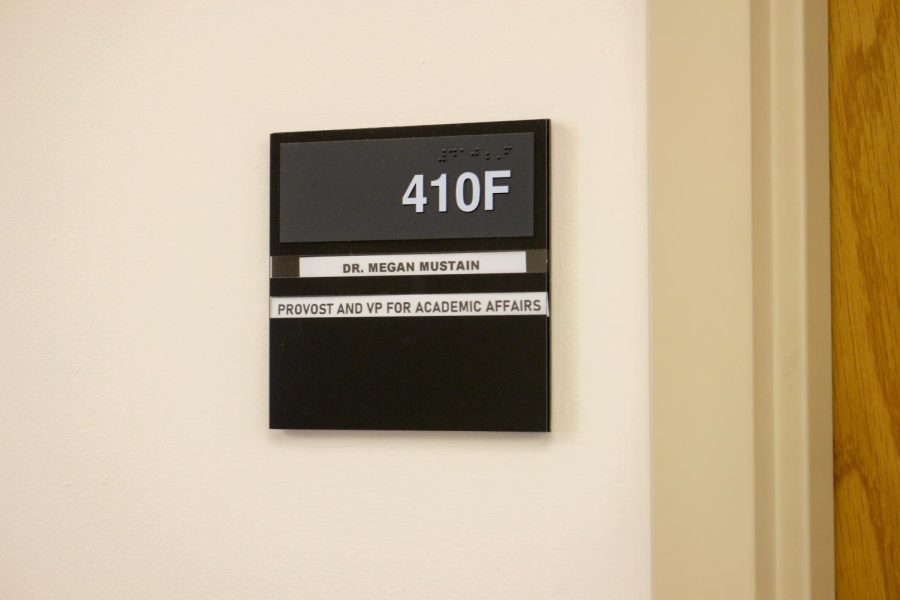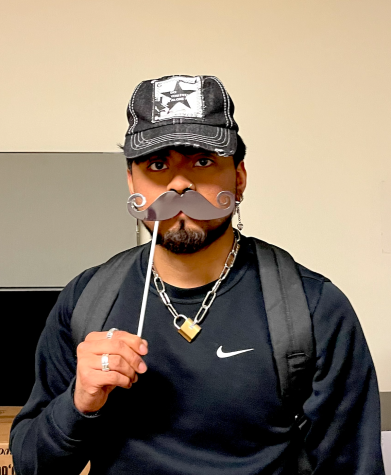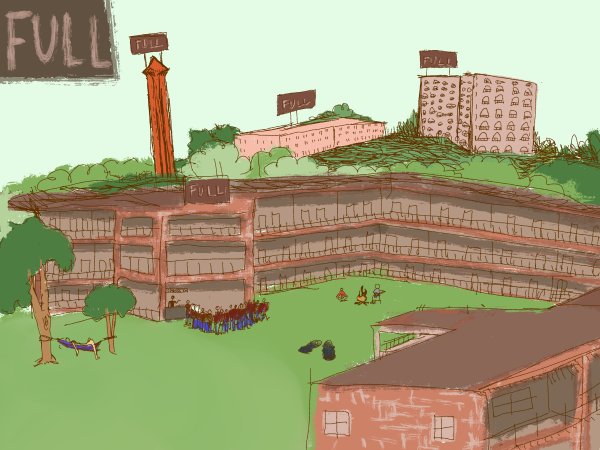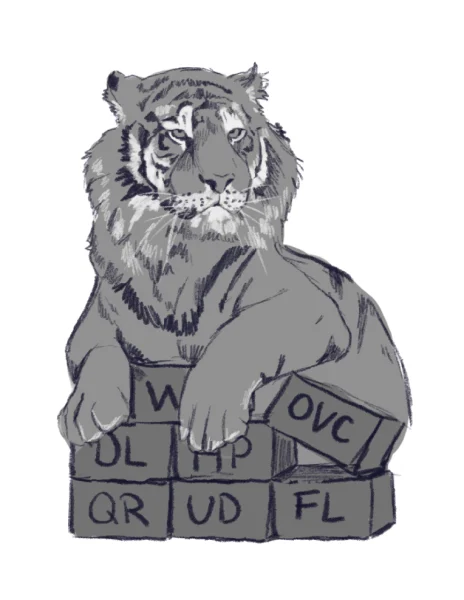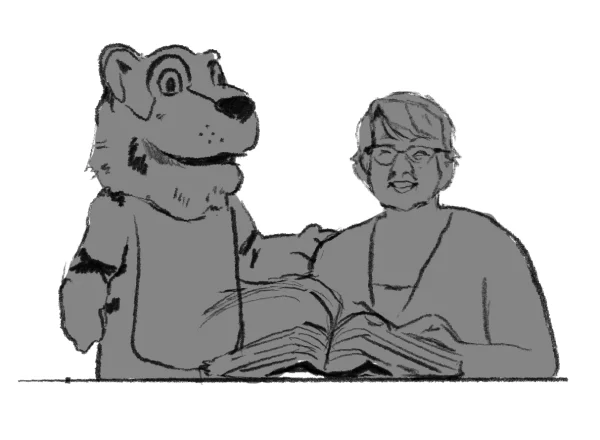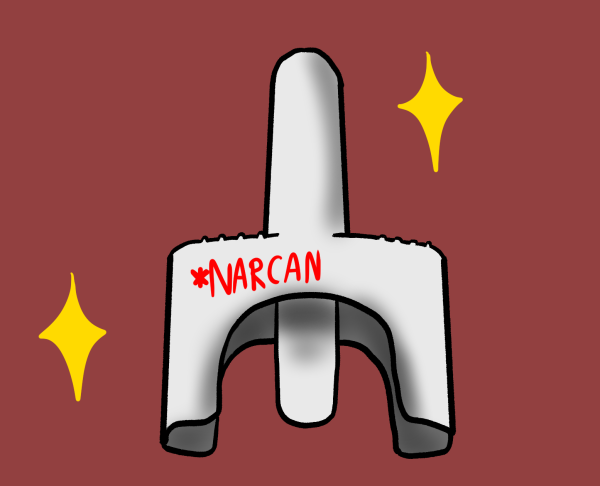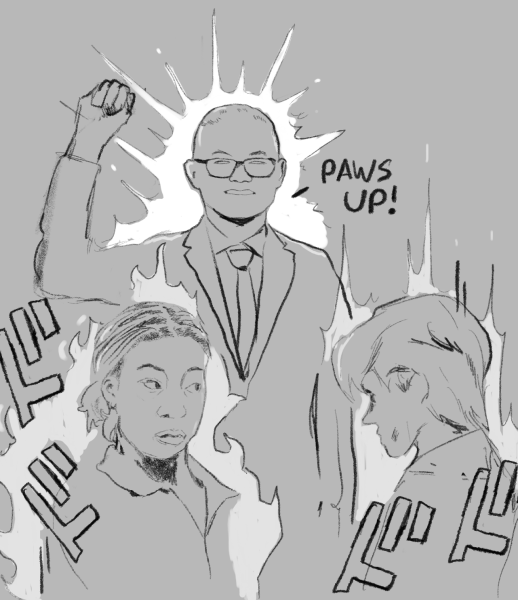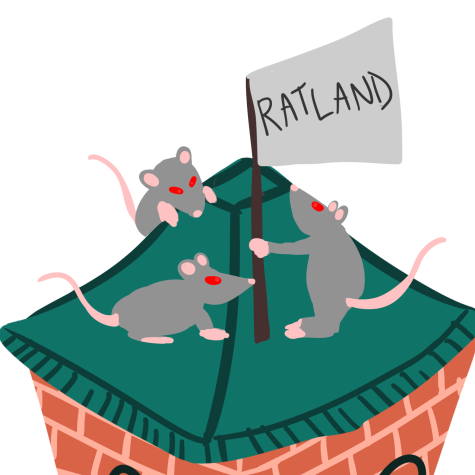New faculty hiring processes intended to expand diversity
First-ever Trinity faculty cluster hire will add 23 tenure-track faculty members that will be connected by a research community that focuses on building inclusive communities
While speaking at a Student Government Association (SGA) meeting on Oct. 19, Megan Mustain, provost and vice president for academic affairs, spoke about Trinity’s goal to hire at least 23 tenure-track faculty positions across various fields of study. These specific positions would all be filled simultaneously, utilizing a process named a “research cluster hire,” in which new faculty members with overlapping research interests would share a community.
Mustain, in an email interview, stated that the new faculty cluster hiring process is designed to attract more prospective faculty to apply because of its innovation. Candidates will want to apply so that they may engage in a close group with other faculty.
“It offers the energy of colleagues who share and really ‘get’ their passion, the dynamism and creativity that come with having people to collaborate with and bounce ideas off of, and a tight community of support made up of folks from other disciplines,” Mustain wrote.
This year’s cluster hire will be centered around the research topic “Building Inclusive Communities.” Thus, the new faculty members will possess specific disciplinary expertise as well as a special interest in the multi-faceted theme of building inclusive communities. They will then be able to explore this topic with the other members hired in the cluster.
“We have chosen to recruit a number of disciplinary experts whose shared interest in research into various aspects of this topic can inspire exciting new collaborations, cross-pollinations, and ideas that will both enhance [the] intellectual community at Trinity and make our world better,” Mustain wrote.
As discussed at the Oct. 19 SGA meeting, the faculty cluster hire’s purpose is to bring new faculty to Trinity, but also to welcome more faculty from underrepresented communities. As the president of Trinity Diversity Connection (TDC), a student organization dedicated to promoting, educating and advocating for diversity at Trinity, Lauren Stevens, senior English and political science major, said that she is looking forward to having more diverse faculty perspectives for students. Stevens emphasized how there are a limited number of faculty members from diverse backgrounds that can speak to the issues that TDC addresses in some of its education-based discussions.
“It’s always the same [faculty] that have this education [and] diverse background to speak to these experiences, which puts a lot of burden on them,” Stevens said. “By hiring more diverse faculty … there would be more people on campus to represent the student body.”
Stevens said she struggled to think of how many professors of color she has had as a student at Trinity.
Mustain wrote that Trinity is intentionally designing ways to make these new faculty hires feel supported with the built-in cluster community aspect.
“[The cluster hire offers] a special source of belonging that is especially important to faculty from minoritized groups, for whom joining the relatively small academic community of a department can feel isolating, particularly if that department already lacks diversity,” Mustain wrote.
Mustain wrote that the academic affairs office will be improving the general faculty hiring process in order to attract the best candidates for the positions available, with an emphasis on diversity, equity, inclusion and belonging.
Wilson Terrell Jr., associate vice president for academic affairs: inclusive excellence, is leading this initiative to ensure a transparent and inclusive hiring process. Specifically, these hiring practices will expand applicant pools to encourage more diversity.
“By expanding our outreach, we hope to get Trinity on the radars of faculty who might otherwise not know us well,” Mustain wrote. “[We want to be] explicit about our community and its commitments, enticing candidates to imagine themselves thriving here.”
Overall, these new hiring processes are designed to better the Trinity community as a whole by introducing new faculty from different backgrounds. Mustain emphasized how these initiatives are meant to continue supporting students in the overall Trinity community.
“I cannot overstate how important a diverse faculty is to what we do at Trinity. For our students, being able to see and hear themselves in their faculty mentors and teachers is invaluable,” Mustain wrote.
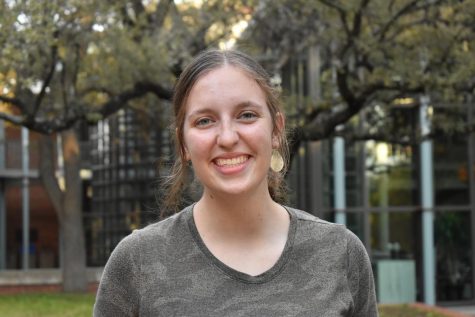
Hello, y'all! I'm Abby Power, and I am a sophomore news reporter from Kyle, Texas. I intend to major in Political Science, Spanish, and Global Latinx Studies....
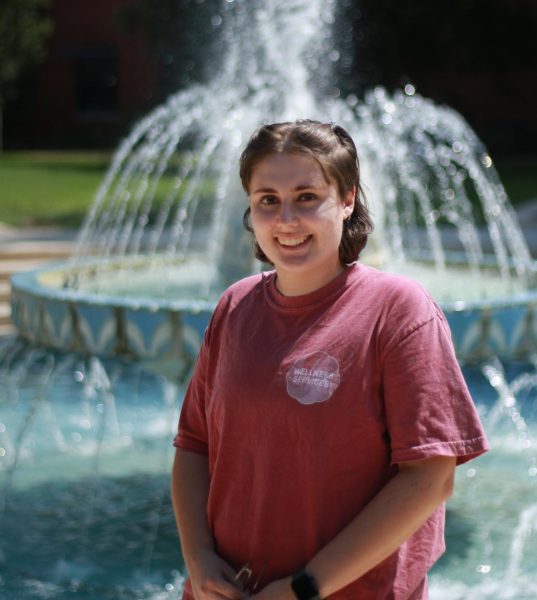
Hi! I am a junior sociology major with a double minor in gender studies and psychology. The themes for the special editions revolve around holidays and...

